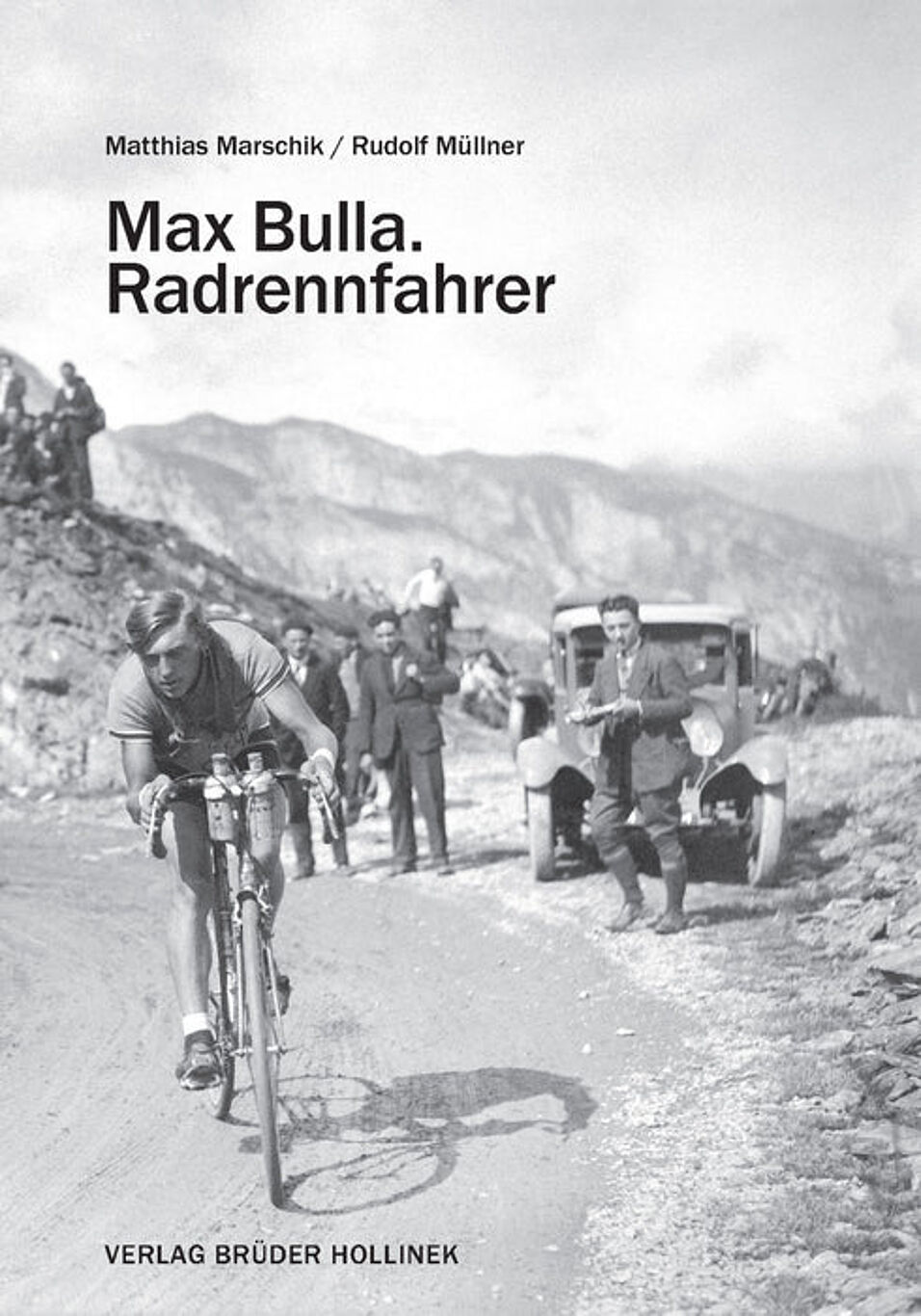Rudolf Müllner and Matthias Marschik (Department of Sports Pedagogy, Didactics of Physical Activity and Sport, Social and Contemporary History of Sport) have completed a biographical study on the famous Austrian racing cyclist Max Bulla (1905-1990).
The story of Max Bulla's victories in the Tour de France in the summer of 1931 is an integral part of the Austrian national memory album. But Bulla's vita cannot be reduced to his legendary “day in yellow”. It is embedded in the history of a heroic modern age of sport, in which professional cycling consistently pushed ahead with hyper-commercialization. Bulla played an important role in this key phase of the total commercialization of the Tour de France, but also of the Tour de Suisse in the 1930s. As one of the few Austrians, he stirred up the international elite in a world sport and thus produced considerable economic and symbolic capital.
This book is the first to reconstruct in detail the life story of professional cyclist Max Bulla in and out of racing. It traces the beginnings of his career as a cycling newspaper boy and his courageous steps into the professional ranks. It describes his successes and setbacks and illustrates his importance for Austria as a sporting nation, as well as his reputation in the major international cycling countries. Bulla's behavior during National Socialism and his lifelong close friendship with Franz “Ferry” Dusika are also addressed. Last but not least, Bulla's wife, Josefine “Fini” Sapletan, who also raced, is made visible for the first time; she put her sporting ambitions on hold and always acted in the shadow of the “cycling hero”.
Matthias Marschik, Rudolf Müllner (2014). Max Bulla. Radrennfahrer, Wien, Hollinek, ISBN:978-3-85119-394-7.

